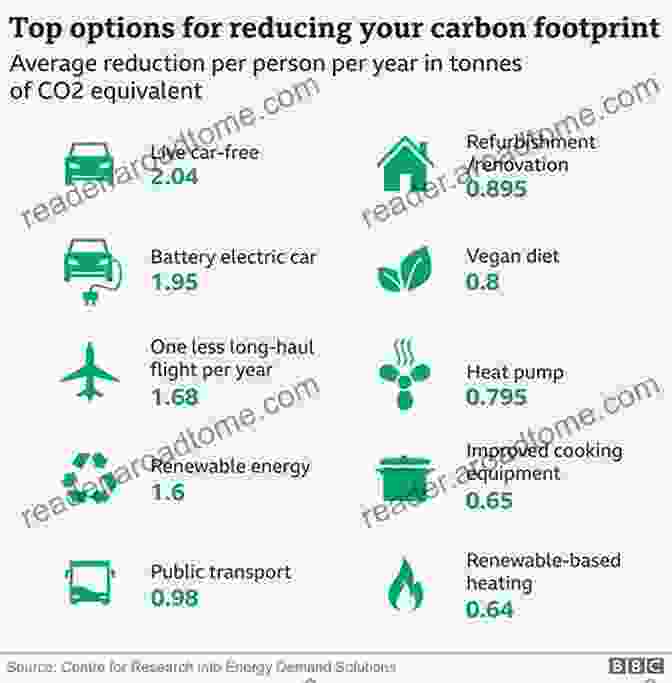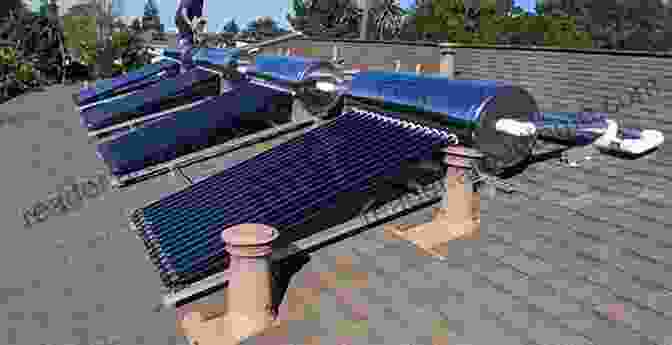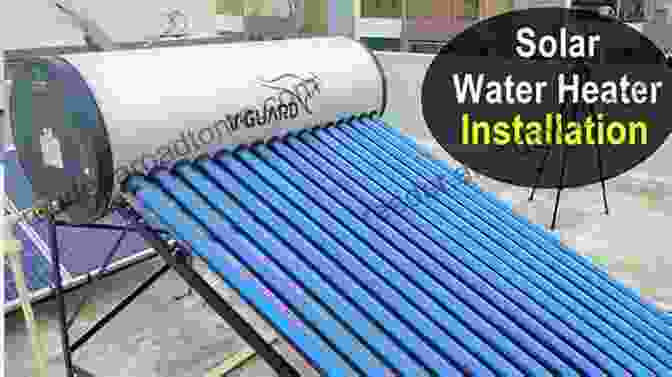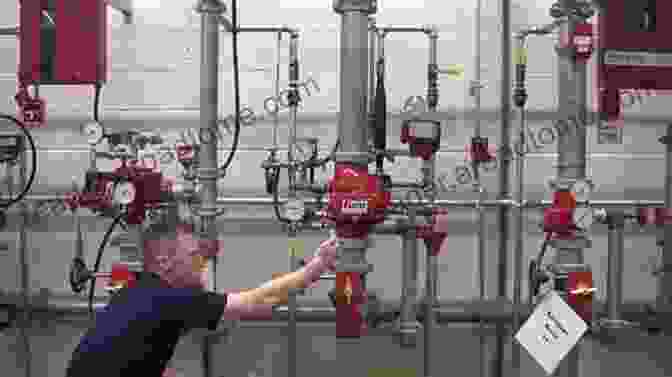In a world grappling with climate change and soaring energy costs, embracing renewable energy sources has become imperative. One such promising technology is solar water heating, offering a sustainable and cost-effective solution for water heating. In this comprehensive guide, we delve into the world of solar water heaters, exploring their benefits, working principles, different types, installation guidelines, and maintenance tips.
Benefits of Solar Water Heaters
- Energy Savings: Solar water heaters utilize free and abundant solar energy, significantly reducing your reliance on fossil fuels and slashing your energy bills.
- Reduced Carbon Footprint: By harnessing renewable solar power, solar water heaters minimize greenhouse gas emissions, contributing to a cleaner and healthier environment.
- Government Incentives: Many governments offer financial incentives, tax credits, and rebates to encourage the adoption of solar water heating systems.
- Increased Property Value: Installing a solar water heater can enhance your home's value and appeal to environmentally conscious buyers.
- Low Maintenance: Solar water heaters have minimal moving parts and require relatively low maintenance compared to traditional water heaters.
How Solar Water Heaters Work
Solar water heaters operate on the principle of thermodynamics, harnessing the sun's thermal energy to heat water. The most common type of solar water heater is the flat-plate collector, which consists of a dark-colored metal panel covered with a transparent glass or plastic cover. Sunlight passes through the cover and strikes the metal panel, which absorbs the energy and warms up. Water or a heat transfer fluid circulates through pipes attached to the panel, collecting the absorbed heat and transferring it to the water storage tank.
Types of Solar Water Heaters
Solar water heaters come in various types, each with its advantages and applications.
- Flat-Plate Collectors: The most common and affordable type, flat-plate collectors are suitable for most residential applications.
- Evacuated Tube Collectors: These collectors use evacuated glass tubes to minimize heat loss, making them more efficient in colder climates.
- Concentrating Collectors: Using mirrors or lenses to concentrate sunlight, concentrating collectors achieve higher temperatures and are ideal for industrial applications.
- Passive Solar Water Heaters: These systems do not use pumps or controls, relying on natural convection to circulate water. They are suitable for warm climates and off-grid applications.
- Integrated Collector-Storage Systems: Combining the collector and storage tank into a single unit, these systems offer a compact and space-saving solution.
Installation Guidelines
Proper installation is crucial for the optimal performance of solar water heaters. Here are some essential guidelines:
- Site Assessment: Select a sunny location with unobstructed exposure to sunlight throughout the year.
- Roof Mounting: Most solar water heaters are installed on rooftops, ensuring maximum sunlight exposure and minimizing shading.
- Mounting Angle: The angle of the collectors should be optimized for your latitude and climate to maximize solar energy absorption.
- Plumbing Connections: Ensure proper connections between the solar collectors, storage tank, and existing plumbing system.
- Electrical Wiring: If the system includes pumps or controls, proper electrical wiring is essential.
Maintenance Tips
Regular maintenance helps ensure the longevity and efficiency of solar water heaters.
- Panel Cleaning: Regularly clean the solar panels to remove dust, dirt, and debris that can block sunlight.
- Inspect Pipes and Valves: Check the pipes and valves for any leaks or damage and repair them promptly.
- Drain and Flush: Periodically drain and flush the storage tank to remove sediment and maintain water quality.
- Check Sacrificial Anode: Inspect the sacrificial anode rod in the storage tank and replace it if it is corroded or depleted.
- Professional Service: Consider scheduling an annual inspection by a qualified solar technician for comprehensive maintenance.
Solar water heaters offer a sustainable, cost-effective, and energy-efficient solution to meet your water heating needs. Understanding the benefits, working principles, different types, installation guidelines, and maintenance tips will empower you to make informed decisions and harness the power of the sun to reduce your energy consumption and contribute to a cleaner environment. As the world transitions towards a more sustainable future, solar water heaters are poised to play a pivotal role in shaping our energy landscape.











































































